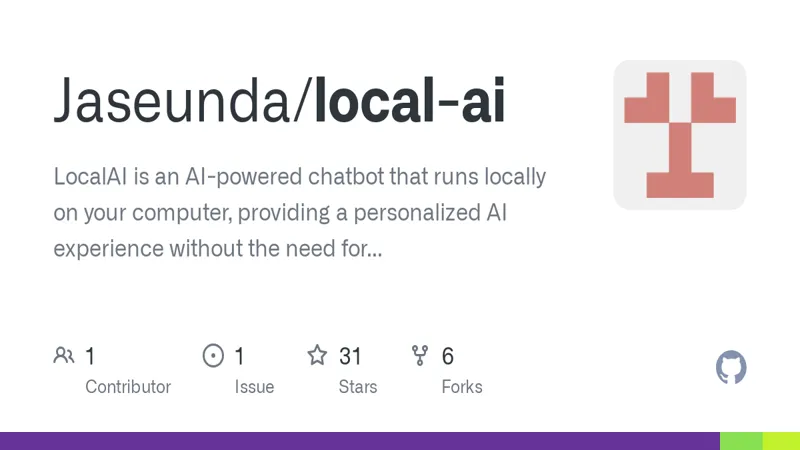In an era where technology increasingly integrates into our daily lives, the tale of Moxie, a revolutionary therapy robot, serves as a poignant reminder of the vulnerabilities associated with cloud-dependent devices. Designed to support neurodivergent children through companionship and education, Moxie promised a bright future for robotic assistance in homes. However, the recent shutdown of the company behind Moxie has left many families grappling with the emotional fallout of a lifeless robot that once felt like a friend. This incident highlights the critical need for local AI systems that prioritize autonomy and resilience, ensuring that the advancements in robotics don’t come with the risk of sudden obsolescence.
| Feature | Details |
|---|---|
| Robot Name | Moxie |
| Purpose | Therapy robot for neurodivergent children and educational support. |
| Price | $800 |
| Functionality | Relies on cloud servers for intelligence and operation. |
| Company Status | Embodied shut down in December 2024 due to funding issues. |
| Impact of Shutdown | Moxies become unusable; emotional impact on children. |
| Lesson Learned | Consider local AI systems that don’t rely solely on the internet. |
| Future Prospects | Hope for open-source solutions to restore functionality. |
The Rise of Therapy Robots
Therapy robots like Moxie are becoming more popular as they help children, especially those who are neurodivergent. These robots are designed to provide companionship and educational support, making learning fun and engaging. Moxie, for example, uses interactive play to help kids develop social skills and meet educational goals. As technology advances, more families are considering these robots as helpful tools in their homes.
However, the rise of therapy robots also raises questions about their reliability and independence. While Moxie offers great potential, its dependence on cloud servers means that it cannot function without internet access. This situation highlights the importance of creating robots that can operate independently, ensuring that they are always ready to assist children without the risk of being shut down due to technical issues.
Frequently Asked Questions
What is Moxie and what does it do?
Moxie is a therapy robot designed to help neurodivergent children by serving as a companion and educational assistant, promoting learning and social interaction.
Why did Moxie stop working?
Moxie stopped functioning because its cloud servers were shut down after the company, Embodied, failed to secure critical funding.
What are the risks of using internet-dependent robots?
Internet-dependent robots, like Moxie, can become useless if their servers go down, leaving users without support and potentially causing emotional distress.
How much does Moxie cost?
Moxie costs around $800, but it relies on cloud servers to operate, making it vulnerable to shutdowns.
What should I consider before buying a robot?
Before purchasing a robot, consider its dependency on internet services and whether it can operate independently to avoid future issues.
What is local AI and why is it important?
Local AI runs on devices without needing the internet, which makes it more reliable and sustainable, ensuring functionality even if cloud services fail.
Can Moxie’s features be restored after shutdown?
There is hope that open-source projects may restore some features to defunct Moxie robots, allowing them to run on local systems.
Summary
Moxie was an innovative therapy robot designed to help children, especially those who are neurodivergent, by providing companionship and educational support. However, it relied on cloud servers for its intelligence, which became a problem when the company behind Moxie went bankrupt. This left many families with expensive robots that could no longer function. The situation highlights the risks of internet-dependent robots and emphasizes the importance of local AI systems that can operate independently. As technology advances, it’s crucial to consider robots that can think for themselves to avoid such unfortunate scenarios.
